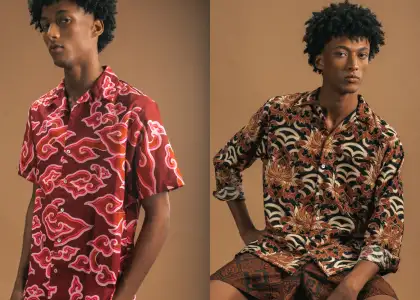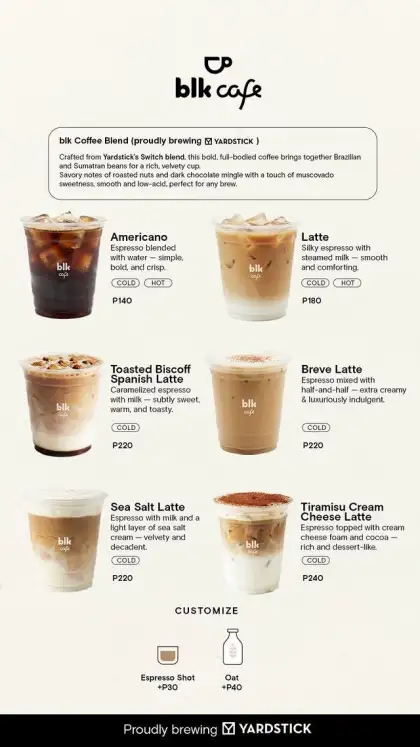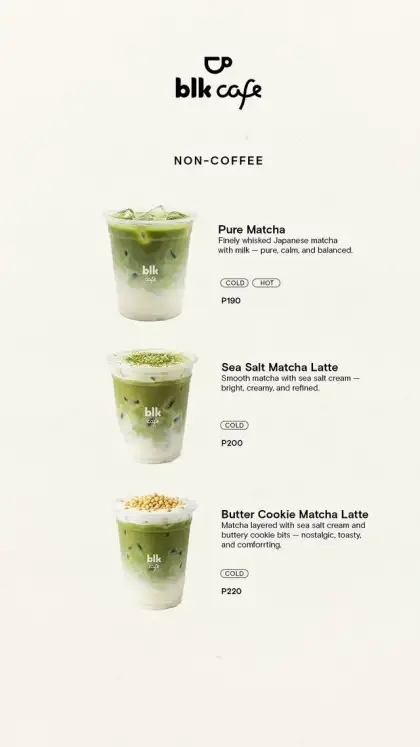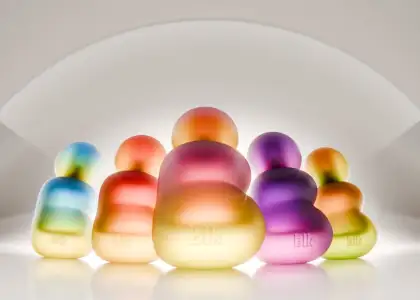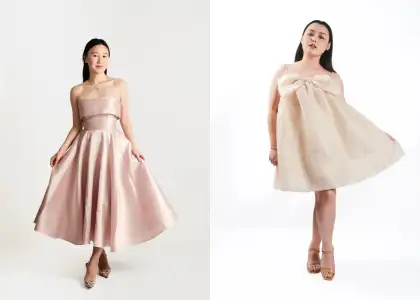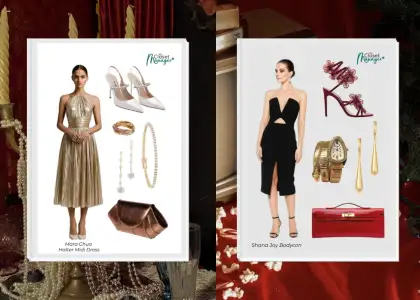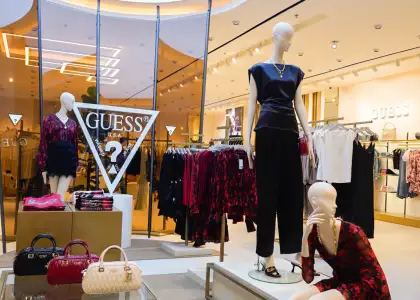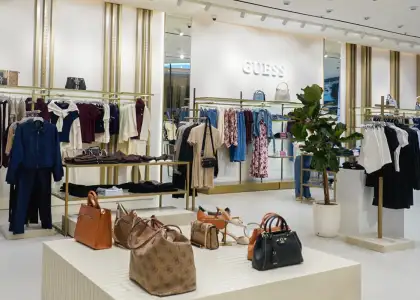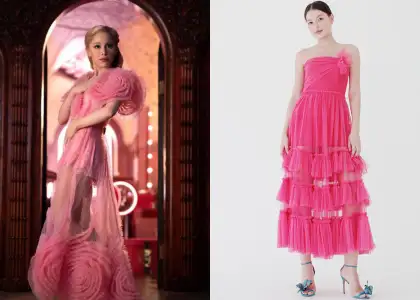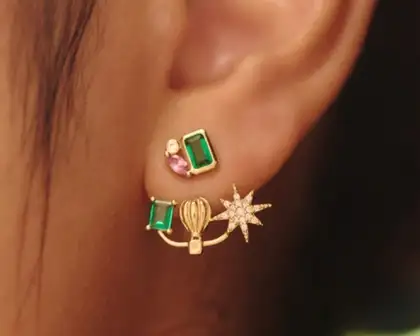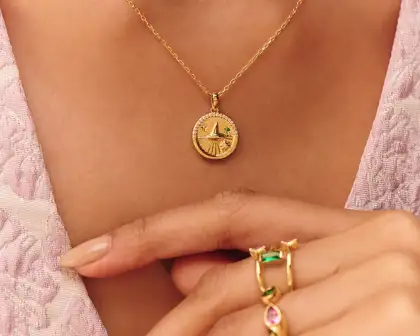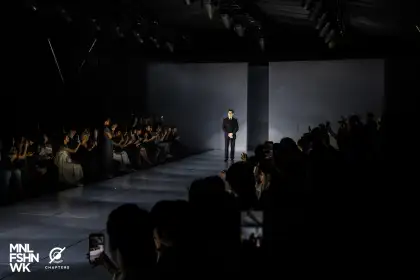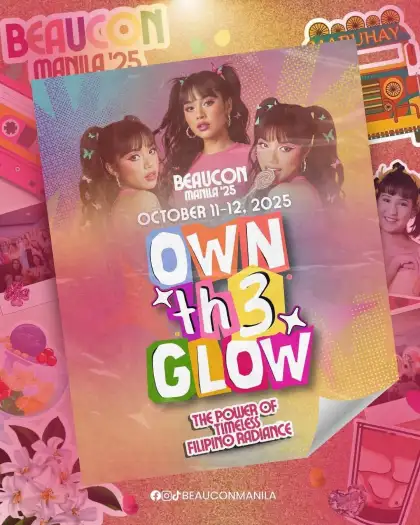‘HM, Siszt?! WW?': Your Lexical Guide to Filipino Online Shopping

How well do you know your online shopping terms?
Being almost two years into the COVID-19 pandemic and all, we expect you’ve already familiarized yourself with the most common terms Filipinos use when shopping online.
The pandemic has undoubtedly made expert online shoppers out of some of us. Nineteen months of lockdown, after all, is a considerable amount of time to polish our shopping vocabulary as we scoured every corner of the internet for the best and most frivolous finds, from Shopee and Lazada to Carousell, Instagram, and Facebook Marketplace.
New to the game? Don’t worry. This lexical guide to Filipino online shopping may help if you haven’t mastered all the online shopping terms yet. Remember, practice makes perfect.
HM

You’ll often see “HM” in the comments section of online sellers. These are usually from interested buyers of an item and is short for, “How much?” and understood as such even when it’s usually missing a question mark.
WW
“WW” translates to “when worn” and pertains to what an item for sale – like a piece of clothing – looks like when worn. When a customer requests for “WW,” it means they want a photo of the clothing as worn by a model or the seller to have a better look at its fit.
RFS
You’ll sometimes find “RFS” in an online seller’s caption for an item for sale. RFS translates to “reason for selling” and is basically a seller’s brief explanation on why they are selling the said item.
LP
In the Philippines, haggling or asking for “tawad” is an art form. Since the pandemic has limited face-to-face haggling, it’s no surprise that haggling has migrated into the virtual world. “LP” means “last price” and is asked by interested buyers to know the final or last price of an item.
LF
No, “LF” does not mean last frice. It translates to “looking for” and is used by Filipinos online when they’re searching for an item they can’t find in the hope that a seller who has the item would see it and sell them the said item. For example, “LF: Filipiniana books for children.”
MOP

There are many ways to pay an online seller. “MOP” simply translates to “mode of payment” and is used by buyers and sellers alike to ask or list down the modes of payment they accept, such as via bank transfer or GCash.
COD
“COD” translates to “cash on delivery” or payment that is given upon delivery of the item to the buyer. Not every seller offers COD, but not every buyer can also pay through digital means. Make sure to always ask a seller if they offer COD before deciding to make an offer.
PM
You likely know this already. “PM” means “private message” and is usually used by sellers when they don’t want to make public the price of their items. For example, you ask, “HM?” and the seller replies, “PM, sis,” which means they’ll send you the price privately.
SF
“SF” translates to “shipping fee.” Some couriers like Grab, Lalamove, and Mr. Speedy don’t cater to people outside the metro, so buyers ask sellers the “sf” to know the shipping fee of an item if sent inter-city through an express courier like LBC.
MM
MM means “Metro Manila” and is used either by seller or buyer to make known their location or the locations they deliver to. For example, “Hi sis, HM SF to MM?”
BN
BN simply means “brand new” and is used by both seller and buyer to describe an item for sale.
Sis

It means exactly what it means. Sis is short for sister and is used by women online sellers when speaking to women buyers as a sign of kinship or shared community. For example, “HM, sis? WW? LP?” It’s also colloquially and jokingly spelled as “siszt,” “cyst,” “cyszt” and “swiss” for flare. Filipinos are creative like that.
HF
HF translates to “handling fee” and is the fee that sellers charge customers to offset the costs related to storing, packing, and delivering an order. Not all sellers charge handling fees, but some do. It’s best to communicate to a seller what you specifically want to know to avoid any misunderstandings.
PTPA
Last is “PTPA” or “permission to post admin.” Sometimes you’ll find sellers posting about their items or shop on Facebook pages even if these pages don’t necessarily cater or relate to online selling. Sellers place “PTPA” in their captions to inform the administrator of a Facebook page that they’re posting unrelated content in the page to promote their shop or items.
Happy shopping, mga swiszt!
Subscribe to The Beat's newsletter to receive compelling, curated content straight to your inbox! You can also create an accountwith us for free to start bookmarking articles for later reading.












